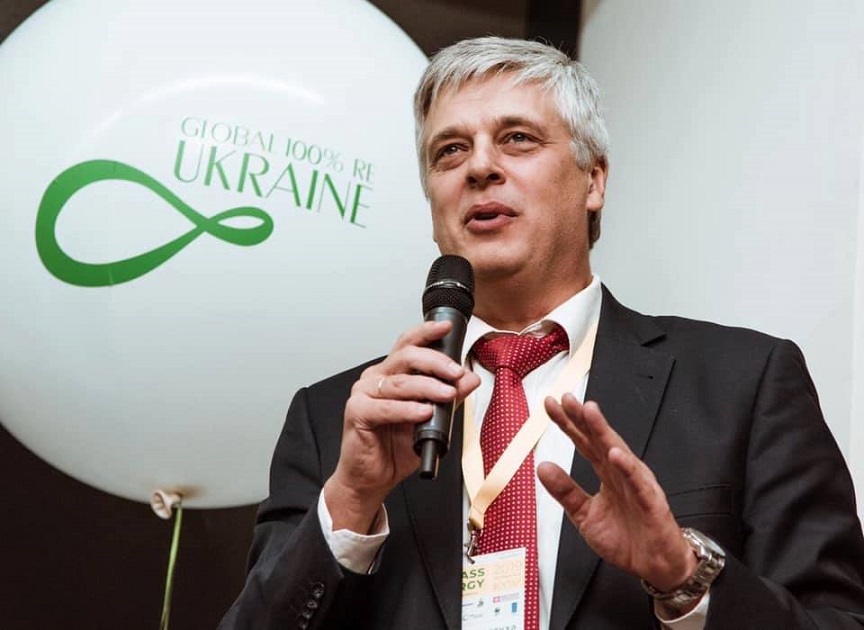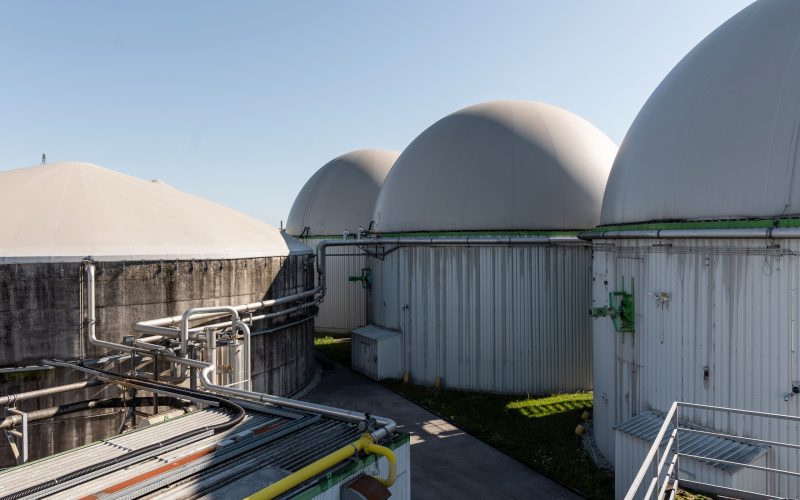Georgii Geletukha: When we buy imported gas, our money works in other countries — when we buy biomass, we leave the money in Ukraine
Interview of UABIO Head of the Board Georgii Geletukha for the online media “Energoreforma” on the main issues and challenges in the “green” energy sector and, in particular, bioenergy.
- Why do money from reducing the “green” tariff not given to investors to build balancing and storage capacity?
- What should be the quota for bioenergy at “green” auctions?
- How does the coronavirus affect the development of bioenergy?
- Why is state support for growing energy crops a necessity?
- Can biomass boilers compete with gas in a centralized supply system?
- What indicators will bioenergy achieve by the end of the year?
Read the answers to all questions on the website.

Some basic ideas:
“Giant forest fires, growth of air pollution, dust storms, soil erosion, desertification, drought, atypical low water levels in rivers and lakes, deforestation — everything we see this year can be misjudged as man-made disasters or adverse weather conditions. This is the result of global warming, and this is the planet Earth gives us one more “push”, encouraging change. “
We see a way out of these problems in the transition to 100% renewable energy, of which about half will be occupied by bioenergy.
Georgii Geletukha
“If you look at all renewable energy sources: solar, wind, bioenergy, hydropower, where are the most jobs? Most are in bioenergy. This is understandable because any boiler house requires at least two operators per work shift. Moreover, someone has to deliver fuel, someone has to procure it, plus the engineering component must be taken into account. If you count all these jobs, it turns out very promising. “
“If we follow the Energy Strategy until 2035, which provides for 40% of renewable heat by 2035, so achieving these goals requires creating up to 100 thousand jobs. In our calculations, we assumed that 90% of this heat would provide biomass, 10% — other types of “green” generation.
The interview was prepared by a journalist Nina Yavorska.


